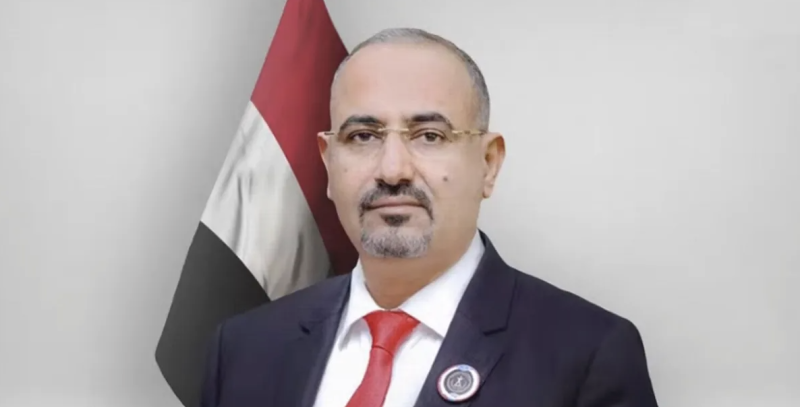Al Qaeda's leader in Yemen under arrest, UN report reveals
The leader of al Qaeda's affiliate in Yemen has been under arrest for several months, the United Nations disclosed Thursday in a development that may have opened up a goldmine of information for counterterrorism agencies in their campaign against the global al Qaeda network.
According to the UN, the leader of al Qaeda in the Arabian Peninsula (AQAP), Khalid Batarfi, was arrested and his number two, Saad Atef al Awlaqi, died during an "operation in Ghayda City, Al-Mahrah Governorate, in October."
This is the first time Batarfi's arrest has been officially confirmed. The UN provided no further details about the operation or on Batarfi's current whereabouts. In early October, the SITE Intelligence Group drew attention to "unconfirmed reports" indicating Batarfi had been arrested by Yemeni security forces in the Mahra Governorate and then handed over to Saudi Arabia.
Batarfi's arrest was disclosed in a wide-ranging report to the United Nations Security Council by UN monitors tracking the global jihadi terrorist threat, which also warned of a potential surge in ISIS terrorist attacks as Covid-19 restrictions are eased.
Batarfi became the leader of AQAP in early 2020 after his predecessor was killed in a US airstrike. Batarfi, who is in his early 40s, is from a Yemeni family but was born in Riyadh, Saudi Arabia. He trained with al Qaeda in Afghanistan before 9/11 and later joined al Qaeda's affiliate in Yemen. Batarfi became a key ideologue for the group and, according to the UN, helped oversee its external operations before he became leader.
The fact that Batarfi allowed himself to be captured alive during the raid rather than securing "martyrdom" like Osama bin Laden will be a major embarrassment to al Qaeda. In his inaugural address as AQAP leader last March, Batarfi stated that "as per our methodology, the martyrdom of leaders is proof of its truthfulness, and it is a badge of honor adorned by these leaders," according to a translation by the SITE Intelligence Group.
Given Batarfi was the "emir" of one of al Qaeda's key regional affiliates, there has arguably not been a more senior al Qaeda leader captured alive since bin Laden founded the group more than 30 years ago. Despite putting out statements on other matters in recent months, AQAP has not acknowledged Batarfi's arrest.
The loss of Batarfi is the latest in a string of setbacks for AQAP. In February 2020, the US government announced that Batarfi's predecessor Qassim al-Rimi had been killed in an airstrike in Yemen. That followed a deadly shooting attack in December 2019 at Naval Air Station Pensacola by a Saudi air force officer who was coordinating with AQAP, according to the US Justice department.
"In addition to leadership losses, AQAP is suffering an erosion of its ranks caused by dissentions and desertions," and was forced to disperse from Bayda Governorate after a significant military defeat, the UN report states.
It states that the global al Qaeda network "faces a new and pressing challenge concerning its leadership and strategic direction, following an exceptional period of attrition of its senior leaders" in Afghanistan, Mali, Somalia, Yemen and Syria's Idlib province.
The report stated that no member state had been able to confirm reports of the death from natural causes of al Qaeda's leader Ayman al-Zawahiri in October. Last month the US government publicly confirmed reports that his deputy Abu Muhammad al-Masri had been killed in Iran in August.
The UN report suggests the likely next in line to take over from al-Zawahiri is Saif al-Adel, a veteran Egyptian al Qaeda operative who like al-Masri is believed to have long resided in Iran.
The report states: "Should a succession to al-Zawahiri become necessary, it may be difficult for the new leader to take up residence in Afghanistan, as such a move could have an impact on the interests of the Taliban, given their peace process obligations. Al-Qaida is expected by Member States to overcome these challenges, but it is not clear whether it will ultimately emerge stronger, under a more dynamic leadership, or indeed where its leaders will ultimately find a safe haven from which to operate."




